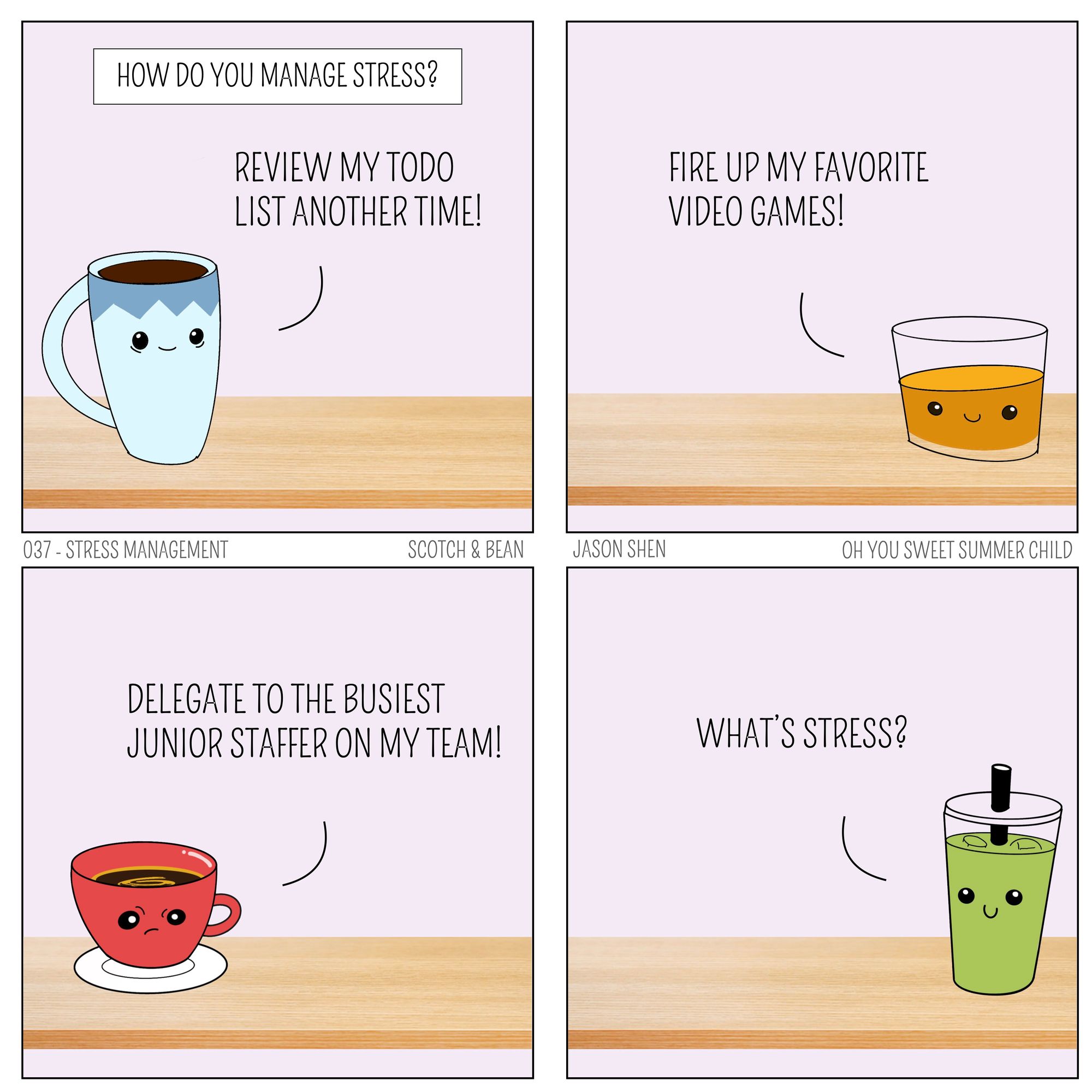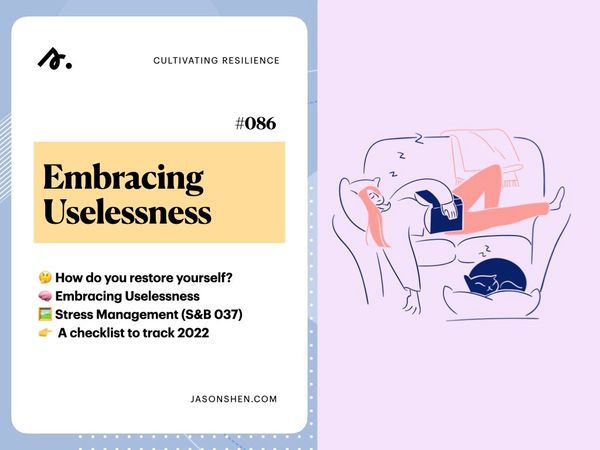🤔 How do you restore yourself?
One of the four essential skills of resilience is to restore. To restore is to bring something back to its original state. When disruptive change throws us off, how do you find a way to recenter?
🧠 Embracing Uselessness
Dear reader, if you're anything like me, then you're probably proud of how productive, capable, and accomplished you've become. You're always looking for ways to deliver more impact and achiever bigger things.
But are we sometimes lead astray by the siren's song of productivity? Zhuangzi, a philosopher who lived during China's "Warring States" period around 300 BCE, would say so, especially if that pursuit is to our own suffering. As Pauline Lee and Helen De Cruz write in Psyche:
Throughout the book, Zhuangzi suggests in a similar vein that it is good to enjoy yourself. That is, we should not always aim for usefulness. We should not always strive to produce or do things that benefit ourselves or others.
Zhuangzi was against the oppressive need to always follow rules or do something of value. A refreshing thought I must admit. He celebrated gnarly trees that couldn't produce good wood, and disabled bodies that couldn't work in the fields and advocated for letting things simply be. This is how you follow the Dao (the way, the path).
For example, imagine you are happy and doing well as, say, a doctor in a hospital, delighting in your skill and feeling it is in line with the Dao, then it is fine to continue as you are. But if you are miserable, and stressed, and the main reason you are a doctor is for your good salary or even for the good of society, think again. It is OK and in fact desirable to choose a less useful option.
That doesn't mean staying static or only doing one thing for the rest of your life. Instead it means "shifting with the times" and allowing life-changing events to create opportunities to re-evaluate our lives. But most of all, to see ourselves as more than just a tool or object of a greater project. But that your existence is enough and should be valued without further "productivity".
Yeah, I can get behind that. Read more:

🖼 Stress Management (S&B 037)

Everyone's got their own way!
👉 A checklist to track 2022
Andrew Yeung, a strategist at Meta and friend of this newsletter shared this great list of questions he uses to track lessons and accomplishments throughout the year. So next performance review you'll be ready (but also do it for yourself!)
Weekly questions to ask yourself in 2022:
— Andrew Yeung | imandrew.eth (@andruyeung) January 4, 2022
• What did I accomplish?
• What challenges did I encounter?
• What's stressing me out?
• What am I grateful for?
• What am I excited about?
• What are my most important priorities?
• What experiments will I try?
More Resources and Fun Stuff
- Book Notes: Summaries / quotes from great books I've read
- Scotch & Bean: a webcomic about work, friendship, and wellness
- Birthday Lessons: Ideas, questions, and principles I've picked up over the years
- Career Spotlight: A deep dive into my journey as an athlete, PM, founder, and creator.


